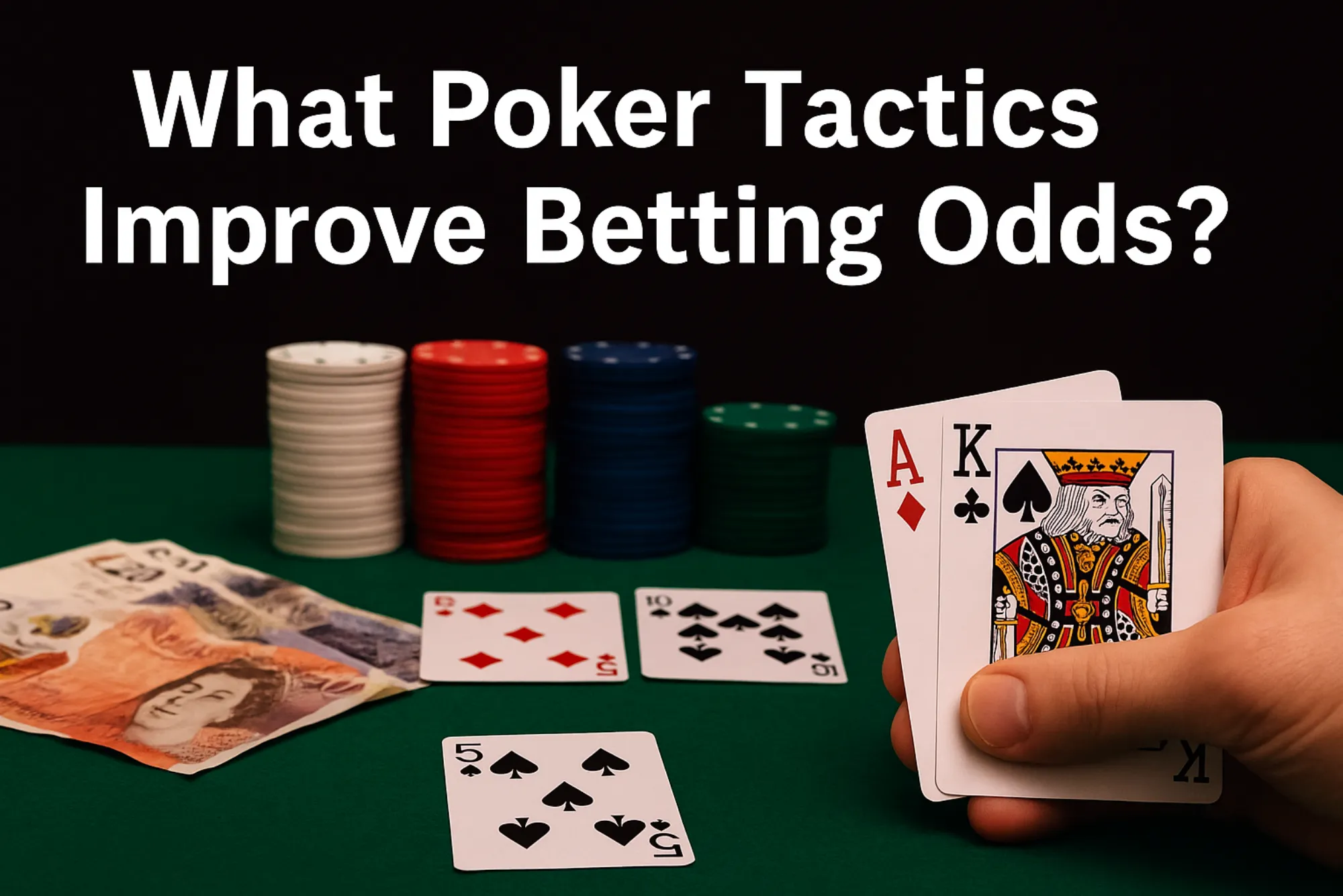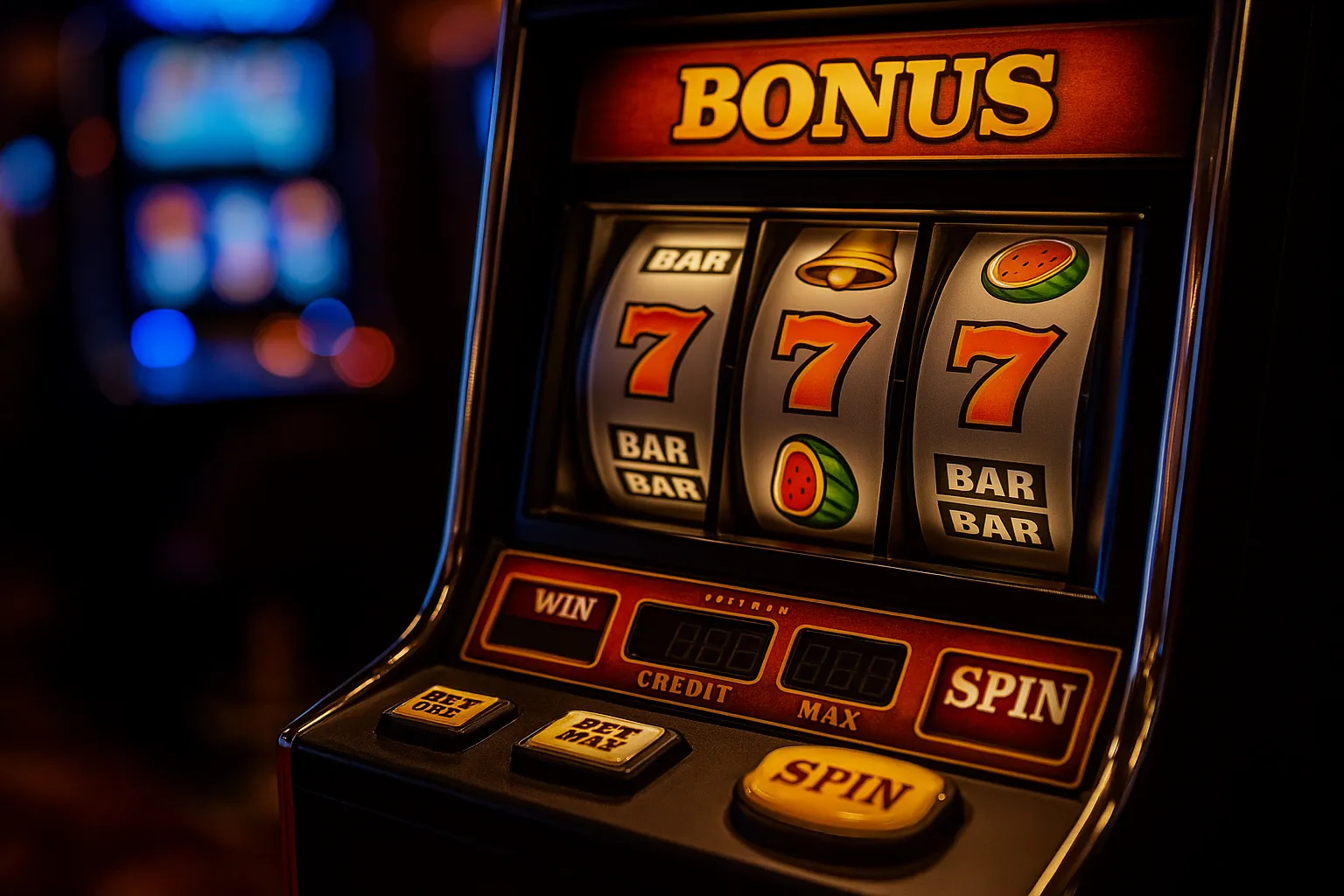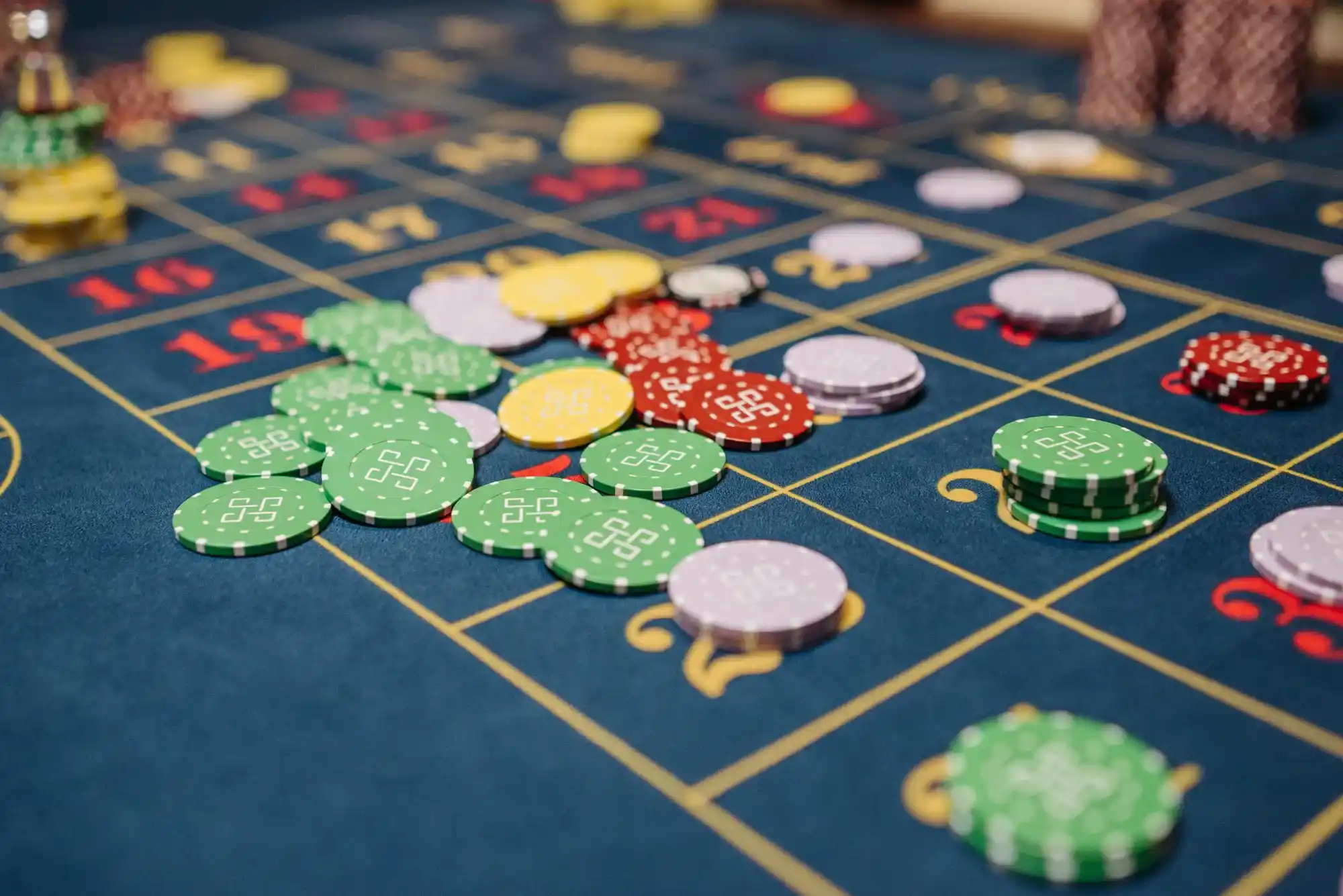Mastering the Basics of Poker to Enhance Your Odds
Poker, at its core, isn’t simply about luck. While the turn of a card can change everything, the smartest players know it’s strategy, preparation, and skill that set winners apart. If you want to improve your betting odds, you must start by mastering the fundamentals. This ensures you have a strong foundation and can make calculated decisions rather than relying on chance.
Understanding your position at the table, reading other players, and knowing the strength of your hand are essential. Each of these aspects plays a critical role in tilting the odds in your favor. For example, late positions generally offer a significant advantage because they allow you to observe your opponents’ actions before making your own move. Similarly, memorizing hand rankings and being clear on concepts like pot odds will enable you to calculate risks versus rewards more effectively.
The basics may seem simple, but they are surprisingly overlooked by many players. By focusing intently on these foundational aspects, you can make better judgments, avoid unnecessary risks, and build confidence in your betting strategies. This level of preparation is especially pivotal whether you’re playing in person or exploring new betting sites uk.
Understanding the Power of Bluffing Strategically
Bluffing in poker is as much an art as it is a skill. For players keen on boosting their odds, it can be a powerful tool, but only if done correctly. Bluffing is not about deceiving opponents recklessly; rather, it’s about creating doubt in their minds while maintaining a calculated approach. Knowing when and how to bluff can help you steal pots you might not otherwise win.
The best time to bluff often depends on what you know about your adversaries. For instance, you’re more likely to be successful against tight players who prefer folding over risky moves. Conversely, bluffing against loose players who tend to call regardless is rarely effective. Timing, position, and understanding the context are crucial here. A well-placed bluff during late-game stages or when the pot is small can shake even the most seasoned players.
Strategic bluffing also requires that you send consistent signals. Avoid showing hesitation or sudden behavioral shifts that can alert opponents. While bluffing isn’t foolproof, when paired with a strong understanding of betting patterns and player tendencies, it can significantly improve your chances of walking away victorious.
Effectively Managing Your Bankroll for Long-Term Success
Success in poker is not just about winning individual hands; it’s about surviving the long haul. Mismanagement of your bankroll is one of the biggest reasons players struggle, regardless of their skill level. To improve your betting odds consistently, maintaining disciplined bankroll management is non-negotiable.
Set a clear limit on how much you’re willing to risk, and ensure you’re betting within that range at all times. Experts recommend sticking to the 5% rule, where no more than 5% of your total bankroll is wagered on any one game. This approach ensures you stay in the game even after occasional losses, allowing you to focus on long-term profitability.
Another important aspect of bankroll management is knowing when to walk away. Pushing your limits or chasing losses often leads to impulsive decisions and bigger losses. Players who are disciplined with their money can outlast opponents who rely on emotional betting. Bankroll management isn’t just about saving money; it’s about giving yourself the best chance to win consistently by keeping your head clear and your strategy intact.
Mastering the Psychology of the Game
Poker is as much a mental game as it is a mathematical or strategic one. The ability to read your opponent’s intentions, maintain an unshakable poker face, and stay calm under pressure are qualities that separate great players from average ones. Becoming attuned to these psychological dynamics can give you a competitive edge that translates directly to improved betting odds.
For instance, learning to recognize and exploit “tells” can be a game-changer. A tell might be an opponent’s tendency to blink rapidly when bluffing or fidget with their chips when holding a strong hand. By observing these cues, you can make more informed decisions on whether to call, fold, or raise. Likewise, controlling your own body language can protect you from inadvertently giving away your strategies.
It’s equally important to manage your emotions. Losing a big hand early in the game can be unsettling, but letting frustration cloud your judgment will only lead to further mistakes. On the flip side, overconfidence after a big win can tempt you to take undue risks. By maintaining emotional balance and staying focused, you can keep your strategies sharp and your odds better aligned with success.
Why Timing Matters in Every Decision
Timing is everything in poker, and understanding when to take action is key to improving your odds. This applies to betting, folding, bluffing, and even observing. Acting too soon can reveal your intentions, while waiting too long can make you predictable. The right timing can enhance your strategy and keep your opponents guessing.
Take slow-playing as an example. This tactic involves playing a very strong hand cautiously to lure opponents into building the pot. Proper execution of this strategy requires precise timing and an understanding of your table’s dynamics. By the time your opponents realize what’s happening, it’s often too late, and you rake in the winnings.
Conversely, know when to fold. While it can hurt to abandon a decent hand, learning to recognize when the odds are against you is a skill. Timing your fold before losing more chips than necessary allows you to live to fight another round with a healthier stack. Observant players who prioritize timing over impulsiveness find themselves winning more in both the short and long run.
Tipping the Scales in Your Favor
Though it might not seem obvious, tipping appropriately when playing poker can offer subtle but significant benefits. Actions like tipping a dealer can foster goodwill, leading to smoother gameplay, lower stress levels, and a more pleasant environment overall. This sense of ease and positive energy indirectly helps you focus and play better.
For travelers who frequent poker tournaments or casinos, tipping can simplify everyday gaming challenges. It shows respect and appreciation, making interactions with staff much more efficient and enjoyable. You may find that tips create a sense of rapport, giving you an environment where the game itself becomes a more satisfying experience.
Tipping is not about spending extra money aimlessly. It’s about enhancing productivity and allowing the game’s logistics to flow smoothly so you can keep your focus on the strategies that help improve your odds of winning. This simple gesture can be a powerful ally in maintaining your composure and sharpening your strategy under stressful circumstances.
The Takeaway
Improving your betting odds in poker goes far beyond the luck of the draw. It requires mastering the intricacies of the game, from strong foundational knowledge and effective bluffing to precise bankroll management and psychological control. Whether you’re a seasoned player or a newcomer dipping your toes into poker, implementing these tactics will equip you with the tools to outplay opponents and maximize your chances of success.
Every hand you play is an opportunity to learn and fine-tune these strategies. Don’t wait for the perfect moment or ideal circumstances to start. Whether you’re practicing at home, joining friends for a game, or exploring new betting sites uk, putting these poker tactics into play today will make a noticeable difference in your outcomes. Success doesn’t happen by chance; it’s built through informed, deliberate choices.








